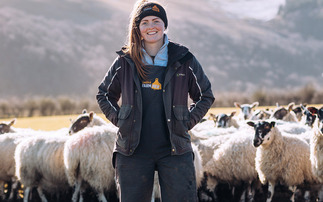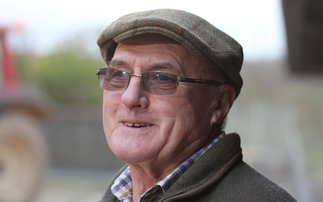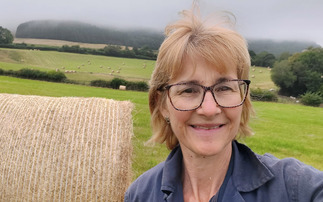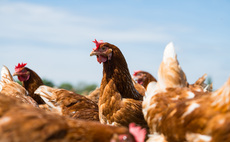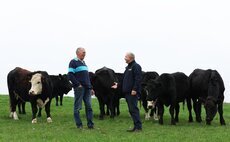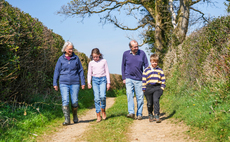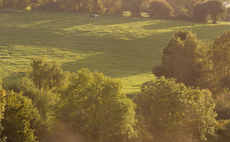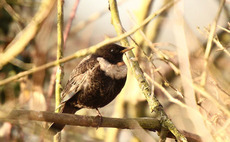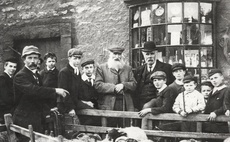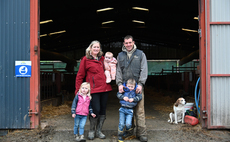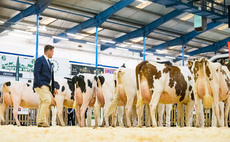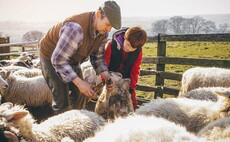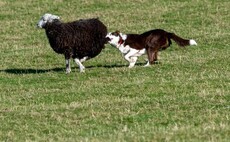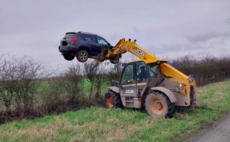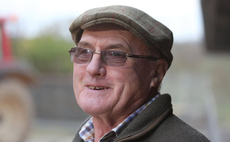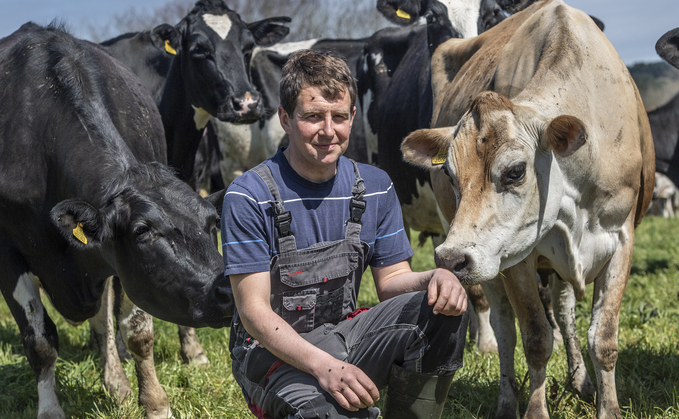
I am now writing this before I go out to milk in the evening for the first time in five weeks - three weeks earlier than intended. After the first couple of days while the cows got used to it, they settled in well.
I also got used to it quite easily, with the extra time to do some different jobs and spend some more time with the children after school and during the holidays. The only problem was the cell count. It crept up over the first week and has stayed stubbornly high. We haven't had any amount of clinical mastitis cases and the filter has been spotless after milking.
We have dried off the stale in-calf cows and moved the cull cows out from the herd. But it still hasn't improved, so the only thing left is to milk twice a day again.
I am quite disappointed that it hasn't worked out, and I would like to try it again, but I'm not sure what we can do to not repeat the same issue. I really enjoyed seeing so many varied posts during #FARM24 on August 3. It was great seeing all the different people, farms and businesses that are involved in British agriculture throughout the day.
I am not a prolific social media user, but I did manage a couple of posts on Instagram. Talking about the real work that we do is so important. In 2023, it can feel that without lots of social media followers, it's hard to get your story out there. At the end of the winter, I went to watch a short film put on by an environmental group in the village.
I think I was the only non-member there, and the only farmer. The film was about farming and food production in Cornwall, and afterwards there was a chat about the content of the film.
The first few people who spoke had got all their information from a certain section of the internet and didn't portray the reality of how 99 per cent of us farm.
I couldn't keep quiet any longer, and ended up just explaining how and why we farm like we do. The members were very interested and asked lots of questions, because even though they talk a lot about food production, they hadn't heard from a farmer. One of the attendees works as a carbon adviser to businesses.
Previously he advised his clients that to reduce their carbon emissions, they should reduce dairy. But after being there that evening and listening to someone doing the work on a dairy farm, he didn't feel he could advise that anymore. Sometimes just a little conversation can make a difference.








